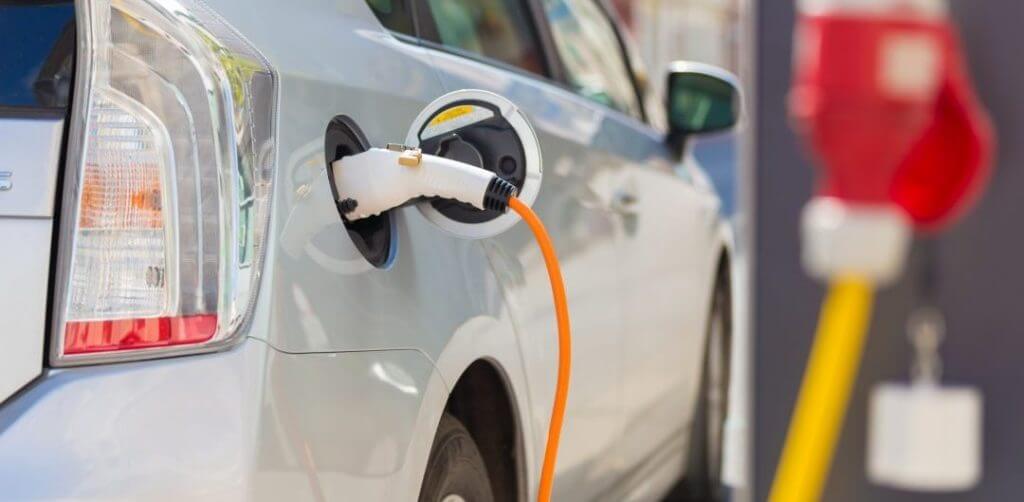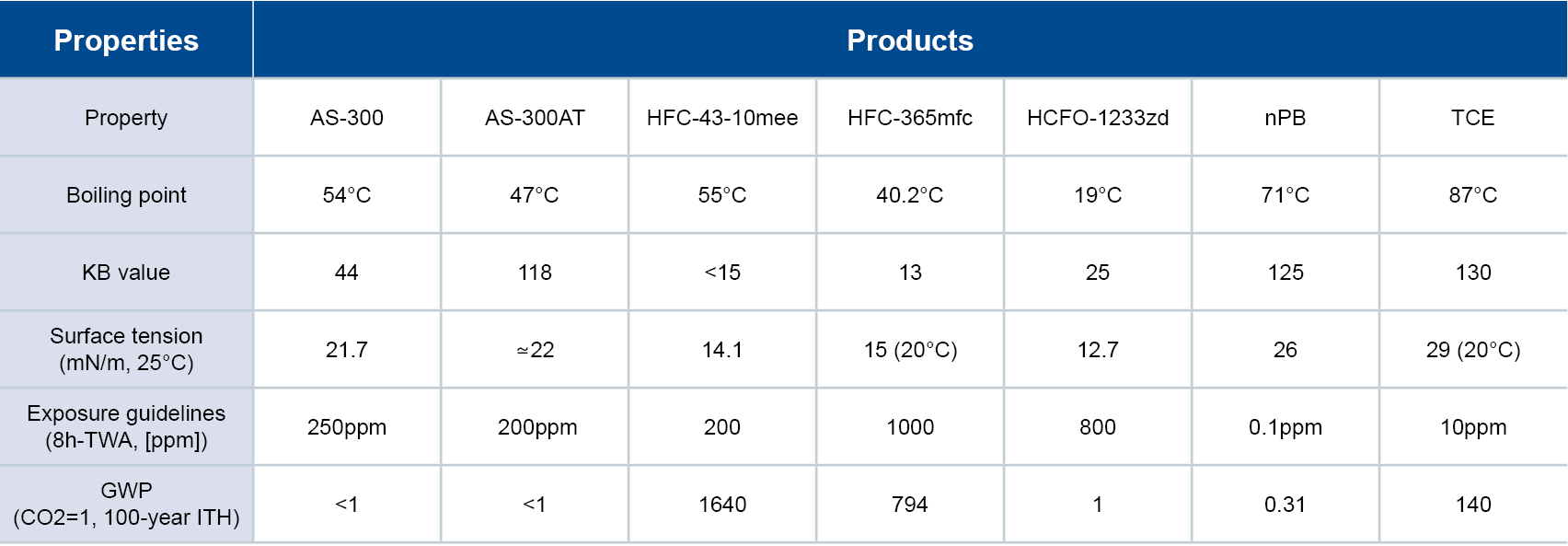How AFLAS® Fluoroelastomers Keep Electric Vehicles Safe and Efficient

Reading Time: 2 minutes
A new study from AAA reveals that consumer interest in electric vehicles remains high and that more than 30 million Americans are likely to buy an electric vehicle for their next car. With rising sales, longer ranges and lower costs, AAA predicts a strong future for electric vehicles. But did you know that our AFLAS fluoroelastomers play a significant role in keeping those electric and hybrid electric vehicles safe and efficient?
Auto manufacturers around the world have begun to adopt AFLAS® fluoroelastomers as an advanced insulation material. This is because it allows them to keep high-voltage cables safe and durable. As the name suggests, high-voltage cable is used for electric power transmission at high voltage. The insulation of the cable must withstand the high-voltage stress. Moreover, the insulation is part of the cable system that prevents contact of the high-voltage conductor with other objects or persons and controls leakage of electrical current.
In addition to performing safely and reliably at high temperatures, EV/HEV cables need to be lightweight. That’s because lightweight materials in these vehicles can offset the weight of power systems such as batteries and electric motors. As a result, this improves efficiency and increases the vehicle’s all-electric range.
Why AFLAS Is the Right Insulating Material for EV/HEV Cables
AFLAS 150E fluoroelastomers outperform traditional XLPE (cross-linked polyethylene) in cable systems because they:
- Provide superior chemical and vibration resistance
- Deliver high-temperature performance (200 °C versus 150 °C or 392 °F versus 302 °F)
- Allow for cable constructions that are thinner, lighter weight and more flexible
- Work well with aluminum and copper wire cores
- Are non-flammable
What is AFLAS?
AFLAS fluoroelastomers are copolymers of tetrafluoroethylene and propylene with high molecular weights, which give products made with them unique properties over conventional FKM-type fluoroelastomers. AFLAS 100 and 150 series fluoroelastomers are easily compounded by open mill and internal mixers, then fabricated into finished parts and shapes using press molding, injection molding, extrusion and calendaring processes.
Learn more about how AFLAS fluoroelastomers outperform other materials in EV/HEV cable applications with this a detailed presentation.
 English
English 